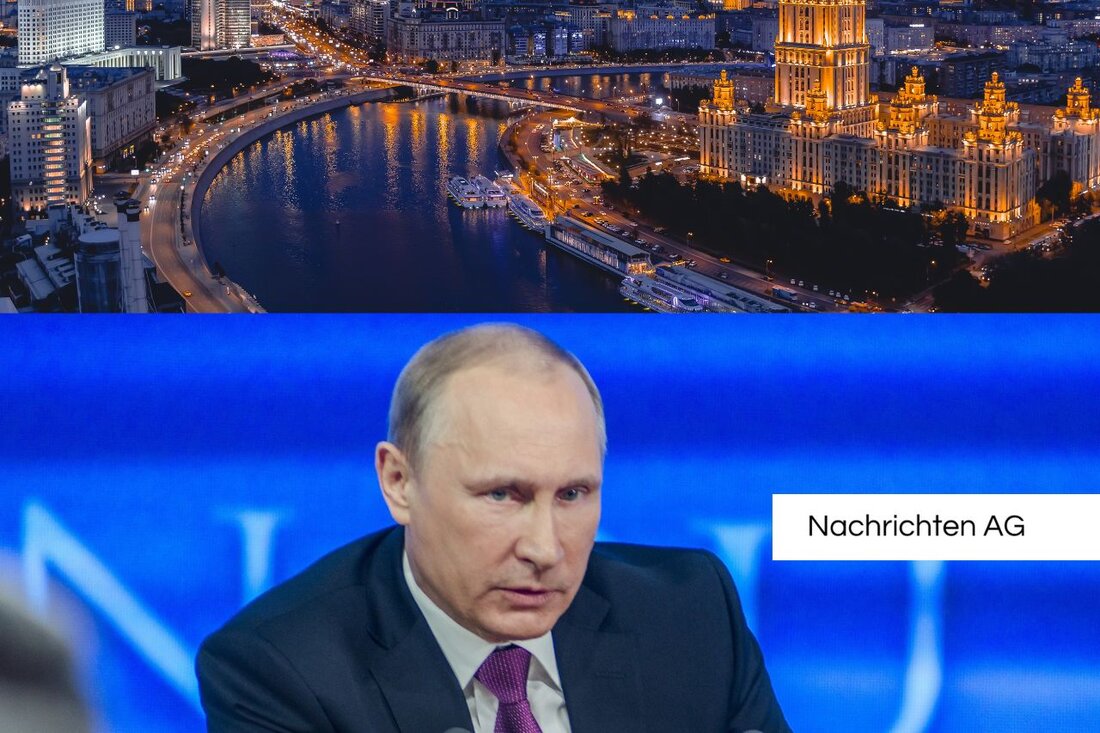World Bank warns: raw material prices fall to six-year low!
Cuxhaven discusses the decline in raw material prices by 2026, given political uncertainties and global trends.

World Bank warns: raw material prices fall to six-year low!
Looking at raw material prices, an interesting twist is coming in 2026. The World Bank predicts prices will fall to their lowest level in six years. A price decline of seven percent is expected for both 2025 and 2026. Political uncertainties and weak economic growth contribute significantly to this development. Trade tensions also play a role in price developments, as nordsee-zeitung.de reports.
The decline in raw material prices is particularly evident in energy and food. The World Bank expects oil demand to grow more slowly - especially in China, where an oversupply of oil has increased. Interest in electric and hybrid vehicles is also contributing to declining demand for oil. Lower oil prices could ease global inflation, which is positive news for many consumers.
Changing market conditions
Changes are also evident in the agricultural economy: Falling grain prices lead to cheaper prices for essential foods such as rice, wheat and corn. This sufficient supply of food makes food more affordable for many people in developing countries. However, not all raw materials are affected by this positive development. Coffee prices are rising due to unfavorable weather conditions that are affecting production, as de.statista.com reports.
Particularly noteworthy are the precious metals, which represent an exception: experts expect rising prices for gold and silver by 2026. This development is primarily due to the search for safe investment opportunities. Gold is considered a strategic investment and often shows volatile price movements. Silver, on the other hand, is less susceptible to fluctuations unless extraordinary economic events, such as the corona pandemic, put it under pressure.
Oil and natural gas prices under observation
The market situation for oil is also influenced by geopolitical factors. Announcements of new US sanctions against Russian oil companies have led to a short-term increase in oil prices. These uncertainties can have serious implications for pricing, especially in a sector as sensitive as energy.
Developments in natural gas show a similar trend. After the war of aggression against Ukraine, natural gas prices in Europe initially rose sharply. Economic sanctions against Russia led to a restructuring of trade relations and the expansion of LNG infrastructure, which contributed to the normalization of prices. This shows how strongly geopolitical hotspots can dominate the raw materials markets, despite the fundamental fluctuations that arise from supply and demand, as lbbw.de adds.
In summary, it can be said that the raw materials market is facing major challenges. Whether due to declining oil prices, fluctuating food prices or the stability of precious metals - it is important to monitor developments closely in order to prepare for the coming years.

 Suche
Suche
 Mein Konto
Mein Konto